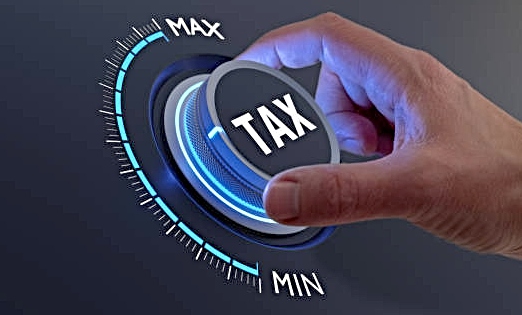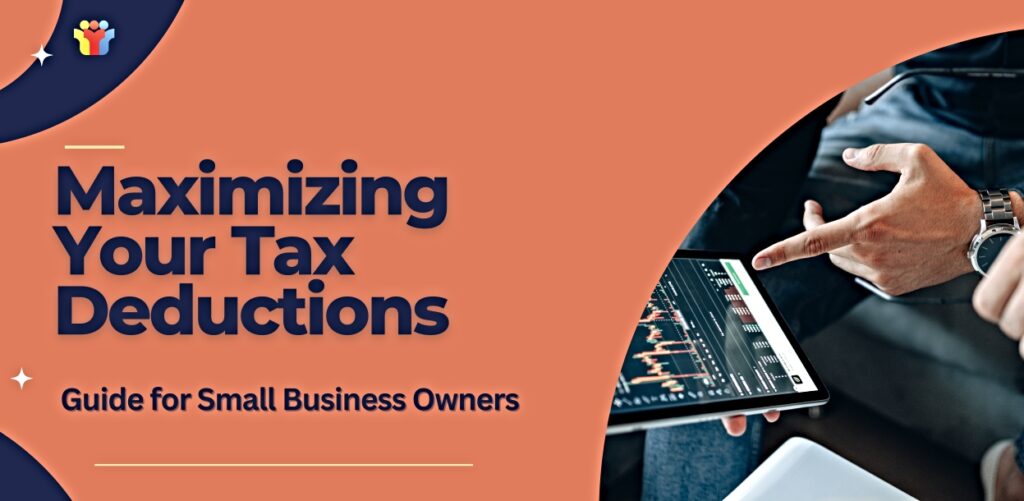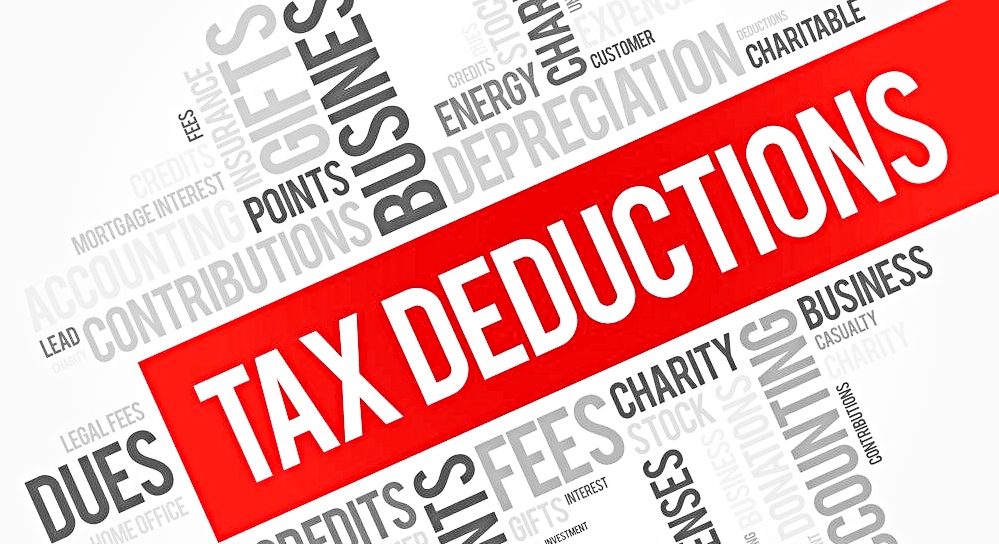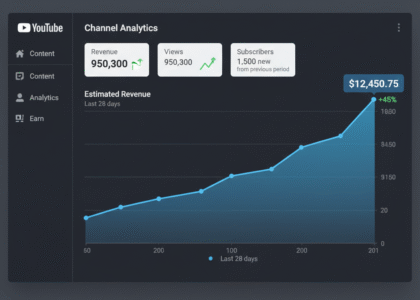Are you leaving money on the table when filing your taxes? Tax deductions are a powerful way to reduce your taxable income and maximize savings, yet many taxpayers miss out on key deductions each year. Whether you’re a young professional, freelancer, or someone planning for retirement, understanding how to leverage tax deductions can put more money back in your pocket.
In this guide, we’ll break down essential tax deductions, common mistakes to avoid, and actionable steps to ensure you maximize your savings during tax season.
Understanding Tax Deductions: The Basics
A tax deduction reduces your taxable income, which lowers the amount of tax you owe. The IRS offers various deductions to taxpayers based on expenses related to work, homeownership, education, and more.
There are two main types of deductions:
- Standard Deduction: A fixed amount set by the IRS that reduces your taxable income. For 2024, the standard deduction is $14,600 for single filers and $29,200 for married couples filing jointly.
- Itemized Deductions: Specific expenses you can deduct if they exceed the standard deduction. These include mortgage interest, medical expenses, and charitable donations.
To get the most out of your savings, you need to determine whether itemizing or taking the standard deduction will save you more money.
Essential Tax Deductions You Shouldn’t Miss

1. Home-Related Deductions
- Mortgage Interest Deduction: If you have a mortgage, you can deduct interest paid on your loan, which can significantly lower taxable income.
- Property Tax Deduction: Homeowners can deduct state and local property taxes up to $10,000.
- Home Office Deduction: Freelancers and remote workers may qualify for a home office deduction if they use part of their home exclusively for business.
2. Work and Business Deductions
- Self-Employment Expenses: If you’re a freelancer or small business owner, deductions for business expenses such as office supplies, marketing, and software subscriptions can reduce taxable income.
- Health Insurance Premiums: Self-employed individuals can deduct premiums for health insurance.
- Retirement Contributions: Contributions to IRAs, 401(k)s, and other retirement accounts may be tax-deductible.
3. Education-Related Deductions
- Student Loan Interest Deduction: You can deduct up to $2,500 in student loan interest paid during the tax year.
- Tuition and Fees Deduction: Certain educational expenses qualify for deductions, helping offset the costs of tuition and fees.
4. Charitable Contributions
- Donations to qualified charities can be deducted if you itemize your taxes. Keep records of your contributions for verification.
- Non-cash donations, such as clothing or household items, may also qualify for deductions.
5. Medical and Dental Expenses
- If your medical expenses exceed 7.5% of your adjusted gross income (AGI), you can deduct the excess amount.
- Deductible expenses include doctor visits, prescriptions, medical equipment, and travel expenses for medical care.
Common Tax Deduction Mistakes to Avoid
- Not Keeping Proper Records – Maintain receipts and documentation for deductible expenses.
- Forgetting to Track Charitable Donations – Ensure you obtain donation receipts to claim deductions.
- Overlooking Work-Related Expenses – Business owners and freelancers should track all expenses that may qualify for deductions.
- Claiming Non-Deductible Expenses – Ensure you only claim IRS-approved deductions to avoid an audit.
Actionable Tips to Maximize Your Tax Deductions

✔ Organize Your Records Year-Round: Keep digital or physical copies of receipts, invoices, and tax-related documents. ✔ Use Tax Software or Consult a Professional: Tools like TurboTax or consulting with a CPA can help identify overlooked deductions. ✔ Review IRS Updates Annually: Tax laws change frequently, so stay updated on new deductions and policy changes. ✔ Bundle Charitable Donations: If you plan to donate, consider bunching contributions into one tax year to maximize deductions. ✔ Claim Business Expenses Strategically: If you run a business or side hustle, ensure you deduct all eligible expenses.
FAQs About Tax Deductions
Q: Can I deduct my rent payments?
A: No, rent is not tax-deductible unless you operate a business from home and qualify for the home office deduction.
Q: What if I work remotely? Can I deduct my home office?
A: Only self-employed individuals qualify for the home office deduction. Employees working remotely for an employer cannot claim this deduction.
Q: Can I deduct moving expenses?
A: Generally, moving expenses are not deductible unless you are an active-duty military member moving due to a change in orders.
Q: How do I know if I should itemize my deductions?
A: If your total itemized deductions exceed the standard deduction amount, it’s beneficial to itemize. Tax software or a professional can help you determine the best option.
Conclusion
Tax deductions are an essential tool for reducing your taxable income and maximizing your savings. Whether you own a home, run a business, or have significant medical expenses, knowing which deductions apply to you can make a significant financial difference.
To stay ahead of the game and optimize your tax strategy, start keeping records early, seek professional advice when needed, and take advantage of every deduction available to you.
Want more expert financial tips? Visit GetCashVibe today and take control of your money!






